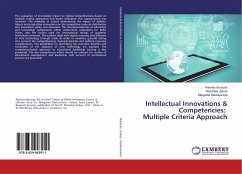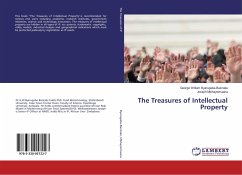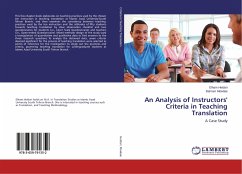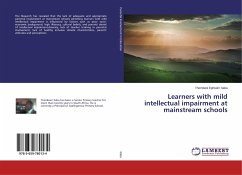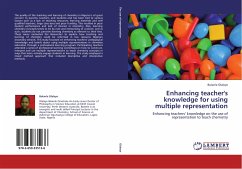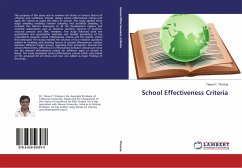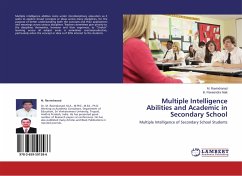The evaluation of knowledge impact on global competitiveness based on multiple criteria assessment and expert evaluation (for superpowers) was reviewed. The reliability of criteria determining the impact of abilities, talents and productive innovations on the competitive resource distribution and investment policy was discussed. The interdependencies of education and knowledge components within multicriteria evaluations for Baltic States, also the factors used for international ratings of academic institutions reviewed. The authors deals with digital economy and diffusion of new technology through trade (in order to maximize growth) taking into account the competitiveness, financial markets and political economy considerations. The possibilities for identifying the economic benefits and constraints of the adoption of new technology are assessed. The competency-based approach to educational leadership training is also presented. The key competences which should be relevant for studies of educational management and leadership with account of professional practice are proposed.
Bitte wählen Sie Ihr Anliegen aus.
Rechnungen
Retourenschein anfordern
Bestellstatus
Storno

